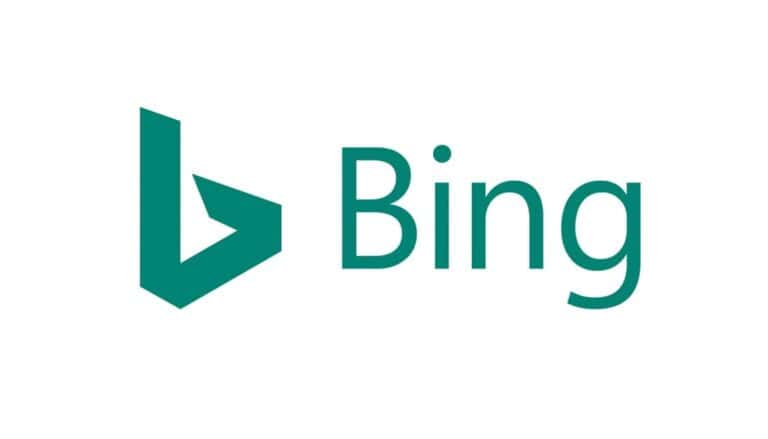Microsoft will disable Bing Search APIs on August 11. This decision marks the end of a service that has played an important role for search engine startups for many years. It also affects software developers who did not have the resources to index the web themselves.
The APIs were long an affordable alternative for companies that wanted to deliver search results without building their own index, according to Wired. Smaller search engines such as DuckDuckGo, Brave, and You.com were particularly heavy users. Over the years, however, their use became less and less attractive. Microsoft raised its rates significantly after the introduction of ChatGPT, claiming that the quality of the results had improved. Many users decided to develop their own search technology, which became increasingly feasible thanks to technological advances.
Microsoft offers no real alternative
Microsoft is now suggesting that developers switch to another service. This is Grounding with Bing Search, part of Azure AI Agents. It allows chatbots to enrich their answers with up-to-date data from the internet. However, many developers feel that this new solution cannot match the flexibility and comprehensiveness of the original APIs. Instead of raw search results, the new service mainly offers summaries and only works well in a limited number of applications.
According to Microsoft spokesperson Donny Turnbaugh, the phase-out is part of a broader strategic shift toward AI solutions. He reports that a support plan is available for affected customers, but did not provide further details. In the meantime, access will remain available for a few large customers for now, while smaller developers, who are less profitable for Microsoft according to insiders, will be shut down more quickly.
Microsoft has not commented on cost savings as a possible reason for this decision. However, at the same time as the announcement, it was revealed that the company is laying off approximately 6,000 employees under the guise of simplifying management structures.
Search landscape changing
The abolition of the APIs has broader implications for the search engine market, which is already under pressure from the rise of AI chatbots and increasing competition. Search engines have been the primary gateway to the internet for many years, but technologies such as ChatGPT are rapidly changing that landscape.
At the same time, antitrust investigations into Google are underway in the United States, and the company may be forced to share its search data with competitors. Microsoft would then be one of the first to benefit, as it has previously stated that the limited use of Bing affects the quality of search results.
The APIs that Microsoft is disabling include all F1 and S1 to S9 resources from Bing Search. This also applies to the F0 and S1 to S4 resources from Bing Custom Search. Developers are advised to switch to using real-time public web data via AI models, but many find this approach too limited and complicated for their needs.
For those looking for an alternative, Brave Search offers an option. This API is now used by startups such as Cohere, Perplexity, and Mistral. Brave Search is considered a more cost-effective alternative, especially for developers with limited requests. Brave offers up to 2,000 requests per month for free. It also offers several affordable subscription plans.
Tip: Bing Generative Search is Microsoft’s variant of Google’s AI search engine
